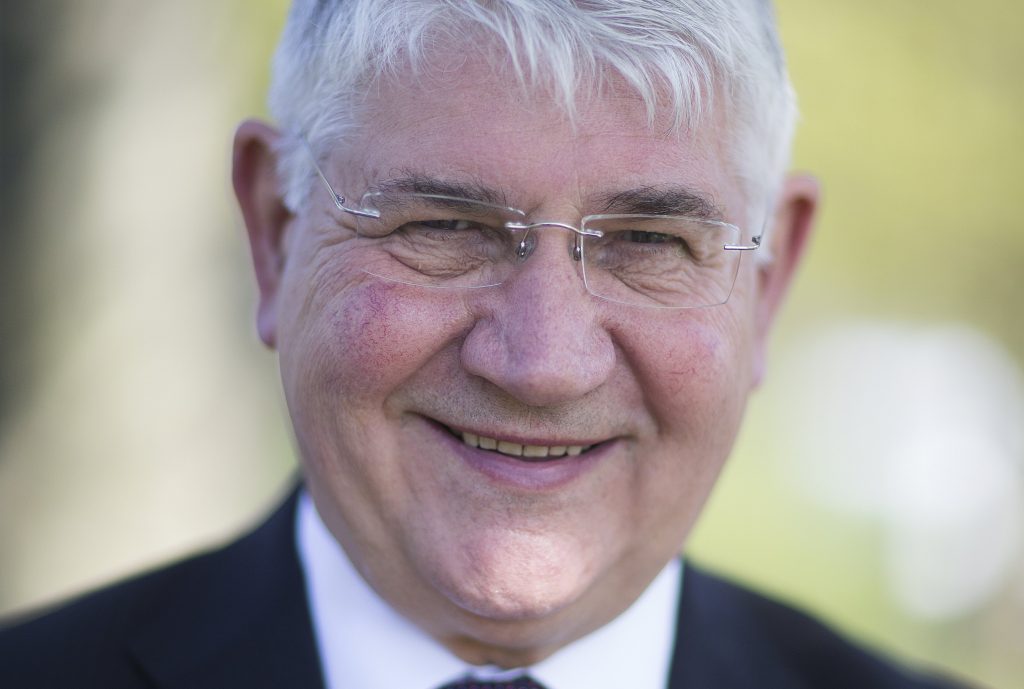The Mail on Sunday has revealed that police in Durham are planning to provide heroin for local problematic users in a bid to reduce deaths related to the drug.
The service, known as Heroin-Assisted Treatment (HAT), would be provided for a small number of the estimated 2,000 heroin addicts in the North-East county’s rundown former mining towns.
Pharmaceutical heroin – diamorphine – would be prescribed by the NHS to a clinic where it could be locked away.
Heroin users referred to the scheme could attend twice a day to inject themselves under the strict supervision of health professionals to ensure they do not overdose and to prevent the drug getting on the black market.
The plans, which have also been reported in The Guardian, are modelled on a successful scheme previously pioneered in Switzerland.
Durham police have also, in recent years, attracted attention for a similarly progressive announcement that they would no longer prioritise the prosecution of small scale cannabis cultivators and users.
Ron Hogg (Durham’s police, crime and victims’ commissioner) told The Guardian that:
[..] the UK was failing on drugs and desperately needed to try alternative approaches.
“If we look at the UK’s position, we have got some of the highest levels of heroin abuse in Europe, also of cocaine use and [drug-related] deaths,” said Hogg. “Someone’s got to step up to the mark and do something a little bit different.”
Durham has about 2,000 heroin addicts, but Hogg said the scheme, known as heroin-assisted treatment, would target a small number of “really prolific, at-risk offenders”. It could be administered through the north-east county’s six existing recovery and treatment centres for drug users and alcoholics.
The Adam Smith Institute has issued a statement in support of the proposed plans. Their line of reasoning frames HAT and equivalent measures as an issue of public health:
We have been saying this ourselves for a number of years now. The problem with drugs is not people getting high – their life to waste after all. It’s the effects upon the rest of us of the illegality of their getting high. The disease spread by unclean equipment, the vast costs of the illegally trafficked drugs themselves, the crimes committed to pay for them.
Short-circuit that entire system by just giving the addicts the drugs. Pharmaceutically pure heroin is in fact rather cheap – rather cheaper than having police officers go out to investigate a rash of low level burglaries in fact.
The Advisory Council on the Misuse of Drugs (ACMD) recommended last December that Safe-Injection Facilities (SIF) and Heroin Assisted Treatment (HAT) as measures to combat opiate deaths. However, there were no such recommendations in Public Health England’s most recent Health Matters Bulletin, which was explicitly focussed on the subject of rising opiate deaths.
Lizzie McCulloch, policy advisor at Volteface, said:
Providing heroin to long term users and allowing them to inject in a safer, controlled environment would take vulnerable people out of the hands of criminals, break the cycle of heroin use and criminal activity, reduce drug litter, offer opportunities for routes into early recovery, and most importantly, would save lives. Hopefully, other localities will soon be following in Durham’s footsteps.
Calum Armstrong is Staff Writer and Editor at VolteFace. Tweets @vf_calum

